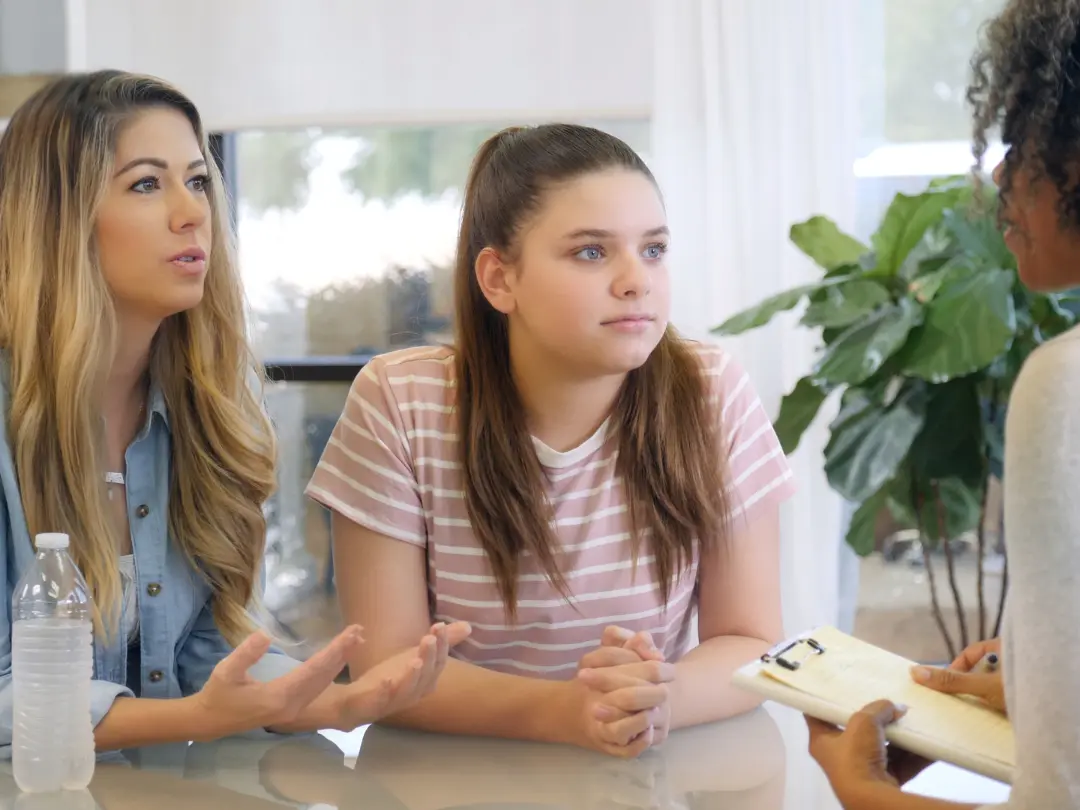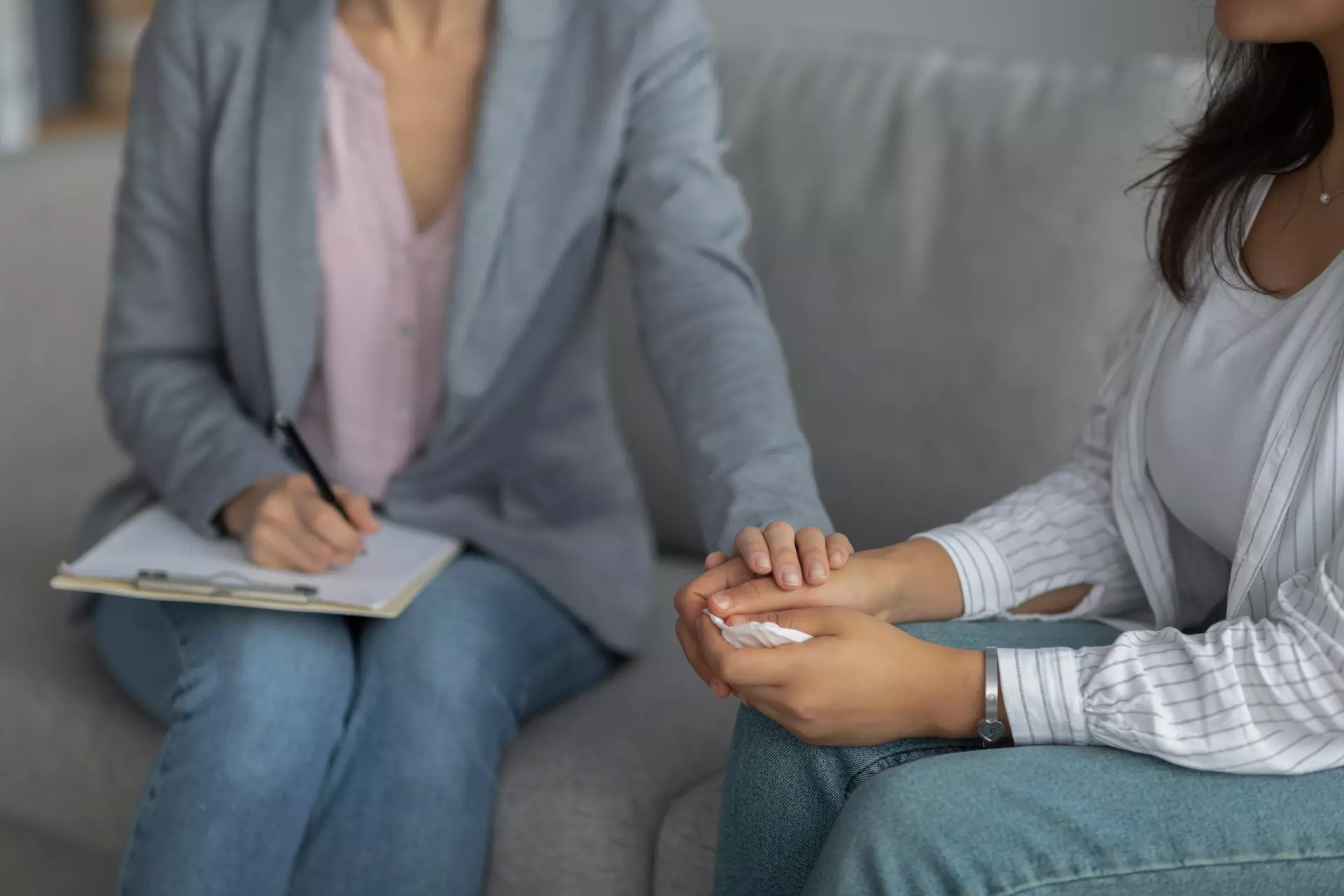Living with post-traumatic stress disorder (PTSD) can be debilitating because it penetrates every living moment. Even the most mundane daily tasks can become a challenge. The PTSD triggers that remind you of the traumatic experience you had can make finding hope and healing seem impossible, but learning healthy coping mechanisms can help you get back on the road to recovery.
Once you have some trauma-informed coping skills in your toolbox, you can use your PTSD flashbacks to move farther from– instead of closer to– the traumatic experience. Let’s identify how you can recover from PTSD triggers, how to use your triggers as starting points for growth, and begin your journey of healing today.
What are PTSD triggers?
After surviving a traumatic event, a person’s PTSD can be triggered by nearly anything. That means any sound, smell, scene, feeling, or thought can take them back to the traumatic event and trigger their “fight, flight, or freeze” response. Since PTSD flare-ups are triggered by both our internal and external environments, triggers can be difficult to identify and control. PTSD symptoms can seem spontaneous and hard to predict, but your visceral reaction to a situation is your body trying to tell you something. The first, and perhaps the most important, step in recovering from PTSD is learning how to cope with triggers in a healthy way.
Healthy coping mechanisms for PTSD triggers
Trigger warnings are a great tool in our age of media and content. By avoiding your triggers, you can manage your PTSD symptoms and avoid a PTSD flare-up. Avoiding external triggers may seem easier since you have the illusion that you’re in control. But what about internal triggers like intrusive thoughts or unpleasant memories of the traumatic event? As you know, unfortunately, you can’t control everything that happens to you. So how can you recover from PTSD triggers? Here are some healthy coping mechanisms that support recovery:
Grounding yourself in your physical body establishes a safe space for healing.
Engage in deep breathing exercises and grounding techniques to make space in your physical body. It might be tempting to shy away from self-reflection, but looking at yourself from a wider perspective can be more forgiving.
Talking it out can help you understand your triggers.
Note your progress by journaling and making content. Creating a safe space for your thoughts and feelings can help highlight growth and give insight into your recovery. Even more, expressing yourself is no longer relegated to just pen and paper. If writing isn’t your thing, make daily videos or photo dumps to get it all out. It might seem pointless, but this exercise is helpful in revealing the good and the bad in your healing process.
Practicing mindfulness can help you find the strongholds of your PTSD triggers.
Practice mindfulness to reduce your reactivity to triggers. Try to find a non-judgmental place of awareness in your body. When something comes to the surface, practice acknowledging the thought or emotion without attempting to control it or change it. Yoga, meditation, strength training, and intuitive eating are all great resources to explore in practicing mindfulness.
Exploring your creative side brings those connections to light and lends insight into your PTSD recovery.
Channel self-discovery and healing with art therapy. Use your creative expression to process stored trauma and unpack your PTSD triggers. Connecting with others through the subjectivity of art provides a unique healing experience for survivors of trauma. Art therapy may even help you approach your trigger from a different angle or redefine the scope of its influence.
Support your own recovery from PTSD with a few words of encouragement.
Cultivate an environment of support and self-sufficiency with positive affirmations. Make a habit of nurturing a supportive inner dialogue to counter any intrusive thoughts or beliefs. Keep a few key affirmations handy in your toolbox that remind you of your power in recovery.
Find support in community recovery.
Find a support group for individuals with PTSD and C-PTSD. Contributing to a community of shared experiences is a great way to validate your experience and recover from triggers.
Seeking professional therapy starts the healing process from trauma and triggers.
These healthy coping skills are widely taught and used by trauma-informed therapists, but remember that PTSD triggers don’t have a shelf life! A full and lasting recovery from PTSD often requires professional guidance. A licensed therapist can provide years of expertise and evidence-based approaches that help people process trauma, utilize healthy coping skills, recover from PTSD triggers, and build strength and resilience.
If you or someone you love is struggling with managing PTSD triggers, asking for help is the first step in the healing process. Get help and find hope by contacting us today! New Hope provides the intensive support of trauma-informed therapy in-person at our Columbia / Soda City in South Carolina location or online, where you don’t even have to leave your home.








